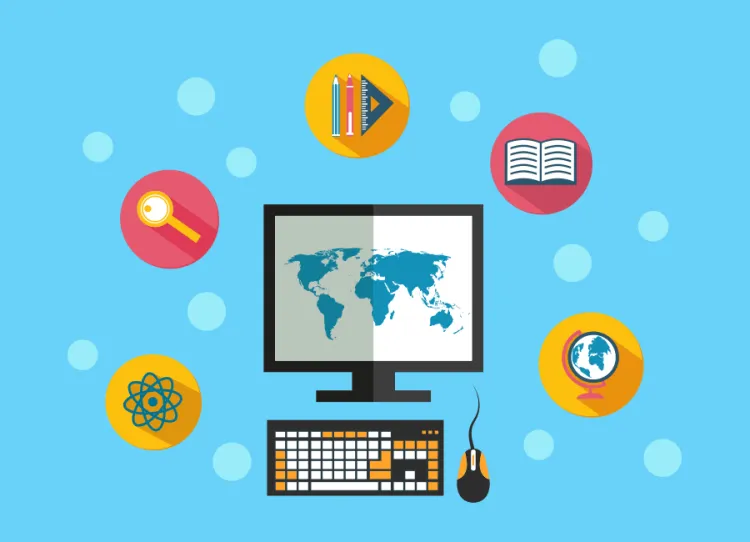How to Get Help Finding Information Online
Looking for reliable information online can feel overwhelming. With billions of websites and endless search results, it’s easy to waste time scrolling without finding what you need. The good news is that there are simple strategies and tools that make online research faster, easier, and more accurate. In this guide, you’ll learn how to get help finding information online, whether you’re doing school research, professional work, or just satisfying personal curiosity.
1. Use Search Engines Effectively
Search engines like Google, Bing, and DuckDuckGo are the best place to start. To improve your results:
- Use targeted keywords instead of long sentences.
- Put phrases in quotation marks for exact matches.
- Add filters like site:.gov or site:.edu to find trusted sources.
For example: “climate change report site:.gov” will only show government research and reports.
2. Join Online Communities and Forums
If you want expert opinions or real-life experiences, online communities can help. Platforms such as Reddit, Quora, and niche forums allow you to ask specific questions and get responses from people with knowledge in that field. Always cross-check information to avoid misinformation.
3. Leverage AI Tools and Digital Assistants
AI-powered tools like ChatGPT, Google Gemini, and Microsoft Copilot are designed to simplify research. They can summarize long articles, suggest resources, and answer questions quickly. However, always confirm important details with reliable sources, especially for health, finance, or academic topics.
4. Explore Digital Libraries and Research Databases
For trustworthy and in-depth resources, try:
- Google Scholar – academic journals and research papers.
- PubMed – medical and health studies.
- JSTOR – scholarly articles across multiple subjects.
- Project Gutenberg – free access to classic books and literature.
These platforms are especially useful for students, researchers, and professionals.
5. Ask a Librarian Online
Many libraries now provide virtual reference services, allowing you to chat with professional librarians. Librarians are trained to locate reliable and credible resources that may not appear in regular search results.
6. Verify All Information Before Using It
No matter where you find information online, verification is essential. Look at:
- The author’s credentials and expertise.
- The date of publication.
- Supporting references from multiple sources.
This ensures you are relying on accurate, updated, and credible information.
Conclusion
Getting help finding information online doesn’t have to be difficult. By using search engines smartly, exploring online communities, leveraging AI tools, and accessing digital libraries, you can save time and uncover trustworthy resources. Always remember to double-check your sources to ensure accuracy. With these strategies, you’ll be able to find exactly what you need on the internet—faster and more effectively.

